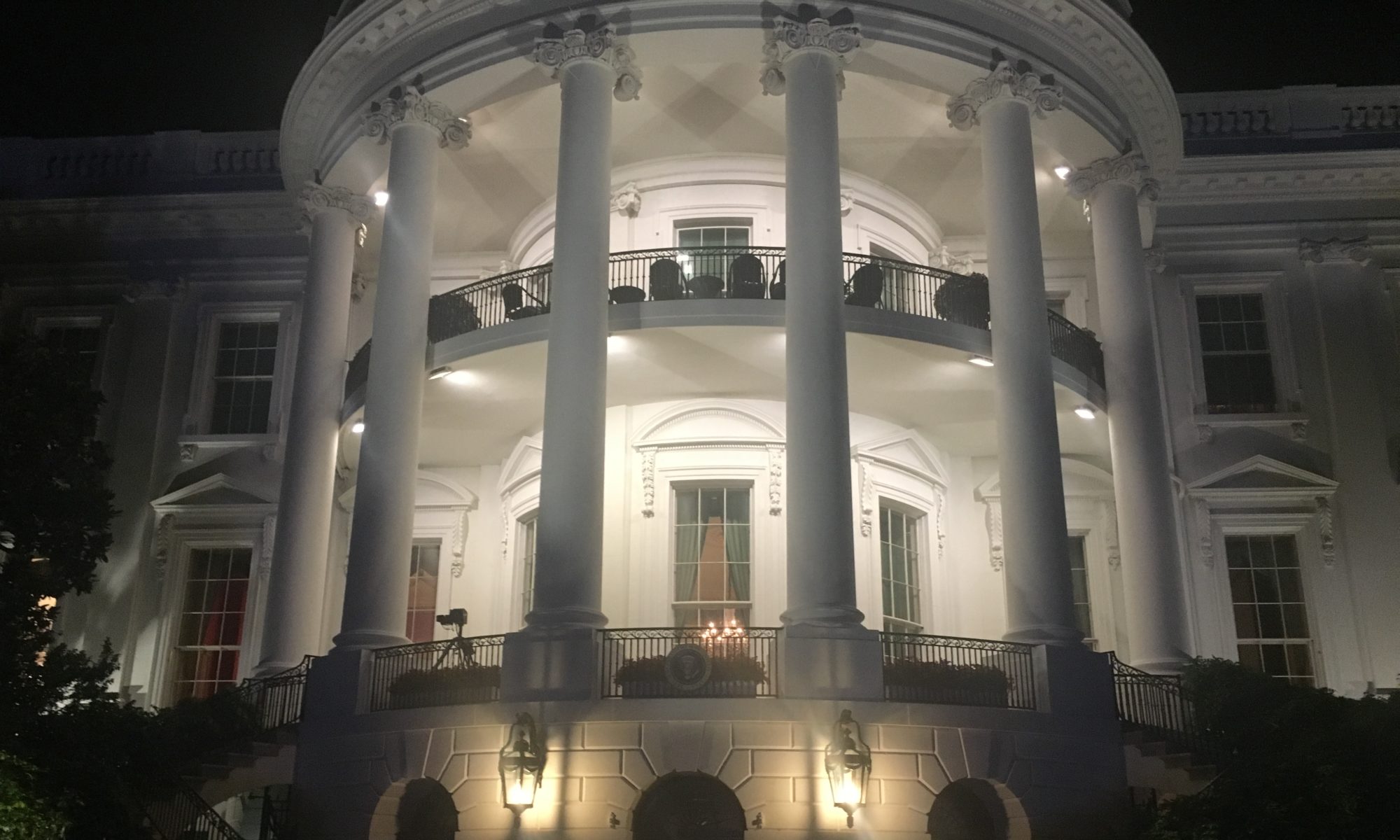July 13, 2020
In a pair of rulings this past week, an unusual alliance of Supreme Court justices reaffirmed that we are a nation of laws not men. In McGirt v. Oklahoma, the Court forced the United States and the State of Oklahoma to honor the treaties they made and comply with the laws they passed, when dealing with the rights of the Creek Nation. In McGirt, the Court ruled that the State of Oklahoma had no jurisdiction to prosecute crimes committed by Native Americans on Native American territory. Conservative Justice Neil Gorsuch, citing the 1833 United States treaty with the Creek Nation, said that the question presented was whether the “land [the] treaties promised remained an Indian reservation…. Because Congress has not said otherwise, we hold the government to its word,” (Source: McGirt v. Oklahoma, No. 18-9526, U.S., July 9, 2020).
The McGirt opinion methodically details the many promises broken by the United States in the 187 years since the 1833 Treaty with the Creeks was signed, as well as how consistently the state of Oklahoma asserted jurisdiction over Native citizens in contravention of federal law. In arguing against upholding the plain words of the statute and the Treaty, both the State of Oklahoma and the four dissenting Justices, urged the Court to look to custom, practice and the changed demographics of the State to grant Oklahoma power over the Creek Nation that it clearly does not have. The Court declined, stating that to do so would be “the rule of the strong, not the rule of law,” (Source: McGirt at 28). This was a decisive victory in the struggle to get the United States to honor its obligations to Native Americans.
Yet, as momentous as the McGirt decision was, it was overshadowed by the Supreme Court’s 7-2 ruling in Trump v. Vance. Justice John Roberts quoted the ancient maxim that “the public has a right to every man’s evidence,” (Trump v. Vance, No. 19-635, U.S., July 9, 2020), and held that the presidency did not give Trump categorical immunity from subpoenas issued by state authorities. Justice Roberts’ opinion cited 200 years of precedents involving presidents from Thomas Jefferson to Richard Nixon and Bill Clinton, to calmly eviscerate Trump’s vain and specious argument that he faced a unique risk of “diversion, stigma and harassment.” Given that history, the decision in Trump v. Vance should have been a foregone conclusion, and it is a testament to how politicized and results-driven this Supreme Court has become, that it came as a welcome surprise.
As good as these decisions were, they hardly signaled a progressive new direction for The Supreme Court. In this term, the Court made voting more difficult and gave religious organizations more leeway to discriminate. Yet Trump chafed at even this small measure of ideological independence and responded by commuting the sentence of Roger Stone, who was convicted of seven felony counts for his lies and witness tampering during the Russia investigation. Trump’s lawlessness was so brazen that it impelled Sphinx-like Robert Mueller to publish an Op-Ed in The Washington Post reminding everyone that Stone remains a convicted felon.
The reaction to Stone’s commutation was one of weariness rather than shock. After all, Trump has been nothing if not consistent. He has used his office solely to enrich himself and persecute those he hates. Trump lashes out at any suggestion that he is a public servant and not a king. The failure of this Senate to convict Trump or hold him accountable in any way is the single greatest betrayal of his country since the first shot was fired at Fort Sumter in 1861. We can never forget or forgive what they have done to this country. They deserve nothing less than complete repudiation, starting November 3, 2020.
#VOTE
